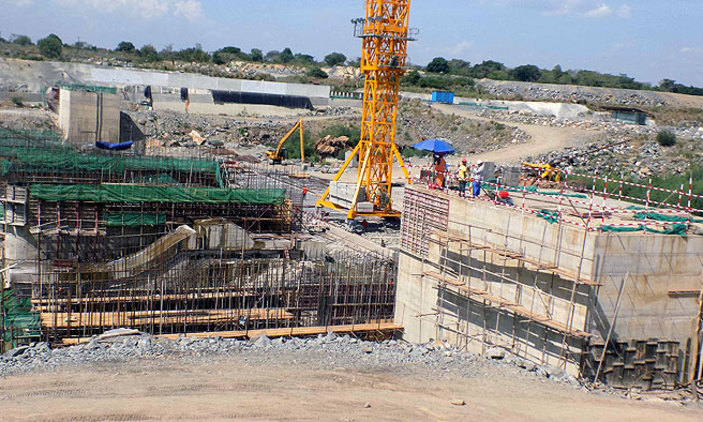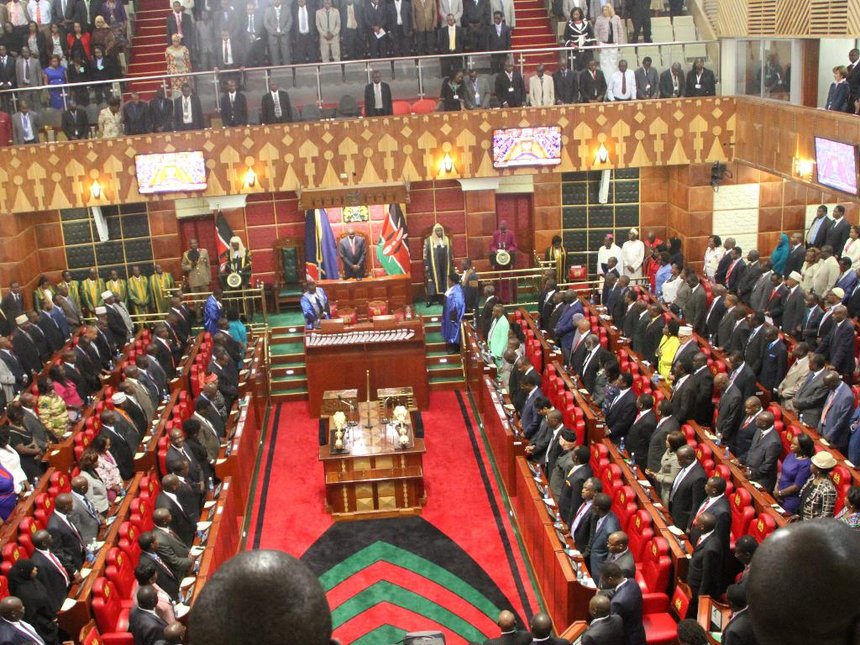Deputy Secretary to the Treasury, Patrick Ocailap.
Uganda’s Economy is expected to grow by 6.3% in 2022/23, the Deputy Secretary to the Treasury Patrick Ocailap has said.
Speaking at the Absa Post Budget engagement Thursday at Sheraton Hotel in Kampala, Ocailap said that the economy is expected to grow from the current Shs146 trillion to Shs162 trillion. This, amidst an inflation of 6.3%.
“I am not so optimistic. I think that focus needs to be shifted to supporting the private sector by lowering the cost of doing business,” he said.
However, Ocailap said that the magic bullet will be the Parish Development Model to power the economy.
“My take is that this money should have been given to the parishes through the banks at a minimal interest rate after assessment of projects,” he said.
According to the recently approved Shs 48.1 trillion budget, the PDM takes a share of Shs 1.05 trillion.
Ocailap noted that the Tuesday read budget is anchored on the National Development Plan III and that with this plan, “ We intend to grow the economy and create wealth for more households.”
But to achieve this, he said the Uganda Revenue Authority (URA) will have to collect Shs 23 trillion (59% of the budget).
According to Ocailap, the PDM will be very key to delivering wealth to some 39% households.
“They will be supported with key agriculture inputs to boost production,” Ocailap noted.
He added that “We want to start from Parliament preaching the gospel of the Parish Development Model, they are going to be equipped with the essential elements that must be delivered to the parishes to galvanize support.”
Ocailap said that the government will continue to support the Bank of Uganda in maintaining healthy reserves and try to prevent further shilling depreciation but that the FIDs (Foreign Investment Decisions) should be on an upward trend, supported by developments in the oil and gas.
Contributing from the panel, Richard Mubiru, a Director at Uganda Manufacturers Association (UMA) said that the government should know that choices have consequences.
To this, Mubiru said that “we need to make the choice of giving people money and let them be part of the money economy.”
Absa Uganda Executive Director and Chief Finance Officer, Michael Seqgwaya, said he liked the fact that URA has found a way of incorporating collection of taxes from digital service providers to ensure that tax collections not only affect the consumers of their services but the providers as well.
However, he said that URA’s new target needs a lot to think through on how “we will manage to balance tax collections in the current environment.”
Segwaya said that the add on effect of rental income tax in the property market is one to look out for.
According to URA, the taxman is glad that “no new taxes were introduced.”
“We are coming from a difficult time where we saw businesses struggling. We need to create a stable environment where businesses can recover,” Patience Tumusiime Rubagumya, the Ag. URA Commissioner General said.
“When then discussions came through for the policy measure, URA was among the first to say that they shouldn’t introduce new taxes.”
Rubagumya said the measure will see businesses recover from the two years of Covid-19 shocks.





